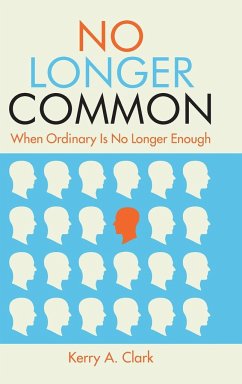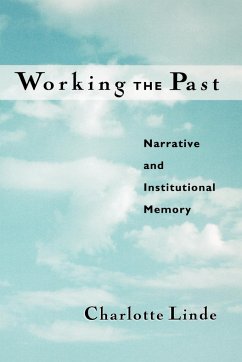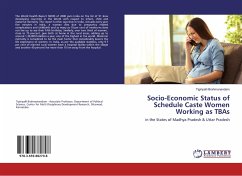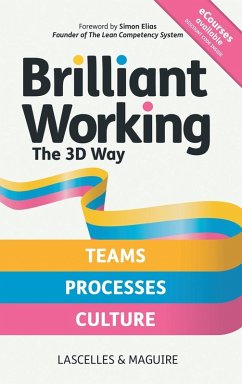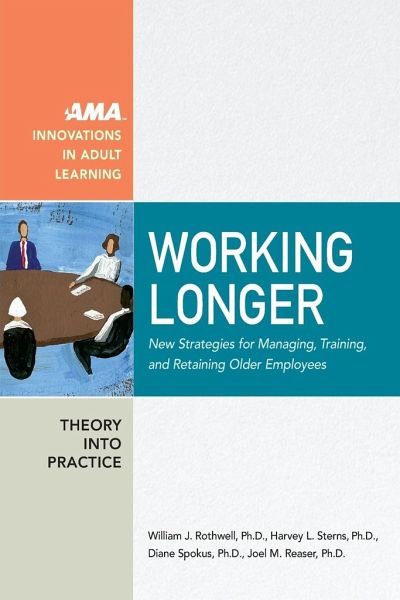
A Working Longer
New Strategies for Managing, Training, and Retaining Older Employees (Special)
Versandkostenfrei!
Versandfertig in 1-2 Wochen
28,99 €
inkl. MwSt.

PAYBACK Punkte
14 °P sammeln!
While many employers have traditionally viewed their younger employees as their most precious assets, the truth is that their more seasoned workers are often their most valuable. Written by experts in the field of workforce education and the management of older workers, Working Longer provides readers with the tools they need to nurture and empower these vital employees. You'll discover: creative strategies for recruiting retirees and developing a senior-friendly workplace; career and performance management techniques for effectively motivating and engaging older workers; and instructional des...
While many employers have traditionally viewed their younger employees as their most precious assets, the truth is that their more seasoned workers are often their most valuable. Written by experts in the field of workforce education and the management of older workers, Working Longer provides readers with the tools they need to nurture and empower these vital employees. You'll discover: creative strategies for recruiting retirees and developing a senior-friendly workplace; career and performance management techniques for effectively motivating and engaging older workers; and instructional design facilitation methods that will enable older workers to upgrade their skills. In the face of an unparalleled talent shortage, the knowledge, skills, and capabilities of baby boomers and senior employees are more critical than ever. With compassion, wisdom, and essential tips to help leaders guide corporate strategy with their ageing workforce in mind, Working Longer shows employers how to value, coach, and keep their top talent.






